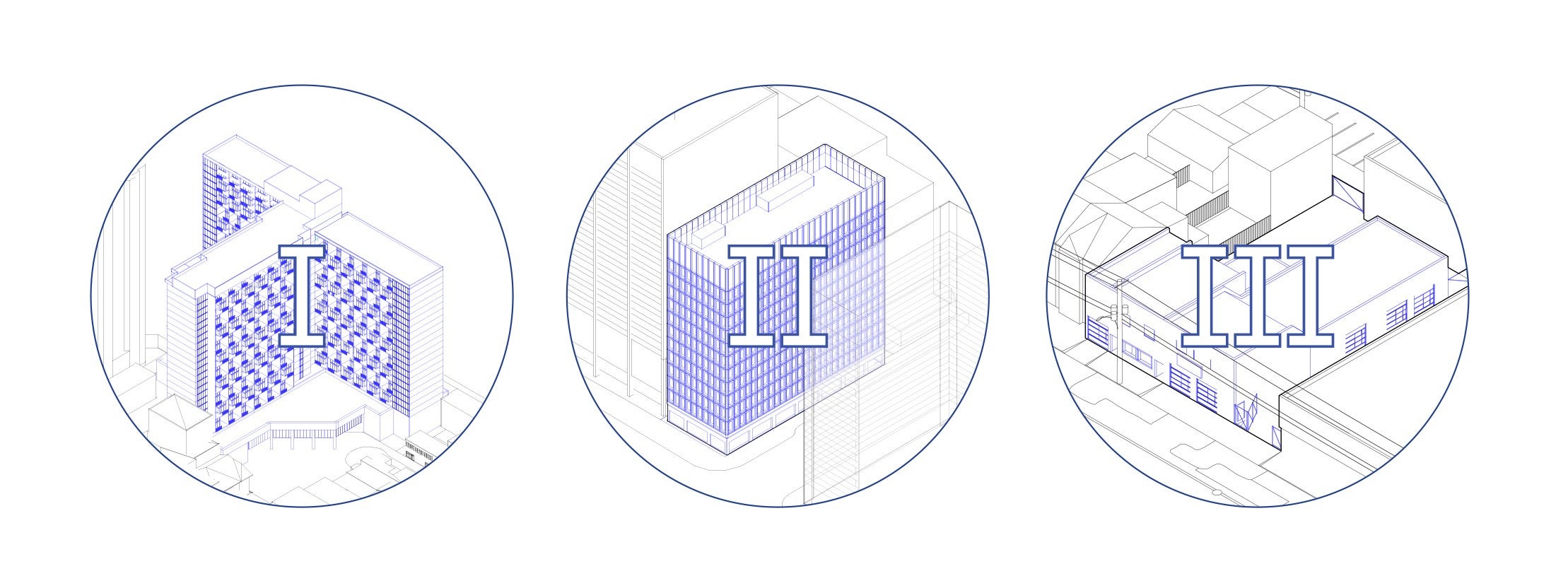THE RE-AMORTIZATION ACT: A MATERIAL DURATIONAL AGENDA FOR CONSERVATION

Abstract:
With the urgency of the climate crisis, we need to begin thinking of new systems that properly value the existing embodied energy invested in Toronto’s built forms, challenging existing neoliberal patterns of real estate development, where existing buildings are demolished due to land value and future densification of a site. Current legislation in Toronto has fallen short of addressing the energetic material cycle of buildings as a tool to address climate change. Instead, legislation such as the Toronto Green standardfocuses on the LEED points system for building reuse. In this points system material reuse and adaptation rank considerably lower than other measures such as operational energy. Furthermore, the current highest material value system in Toronto, the Ontario Heritage Act, focuses on historically narrative-driven criteria, a nostalgic and aesthetic-based agenda. These current models for the continuation of materials fail to address the large stock of post-industrial and modernist buildings worthy of keeping with the pressureto densify the city.
In response, this thesis will look at bridging heritage and sustainability legislation through the designing of a new perspective for the urbanism of our cities; the concept of a Re-Amortization Act, an experimental political act that will focus on re-valuing materialenergy invested in existing buildings rather than just historical narrative and aesthetic values. The opening chapter will contextualize historical ideas of conservation and bring us into the current discourses around conservation and Life Cycle Analysis.
Chapter 2 gives an annotated insert of the proposed Re-Amortization Act laying out the specific criteria needed to meet its three maincategorizations: Remain (I), Adapt (II) & Disassemble (III), along with their associated material output & input restrictions. Also included is a description of the radical net embodied energy measures that the experimental Act seeks to reduce carbon input in future designssignificantly. Chapter 3 illustrates the three categories with a series of emblematic precedents ranging from least extreme netembodied energy material usage to most extreme, along with the associated deconstruction and material technologies used. Emergingfrom this body of research is the pragmatic understanding of how a material durational agenda such as this can be achieved, along with the architect’s role within it, and the importance of material continuation for both addressing the dual cultural and environmental crises.
The examining committee is as follows:
Supervisors:
Jane
Hutton
&
Adrian
Blackwell
Reader:
Rick
Haldenby
Internal/external:
Anne
Bordeleau
External:
Susan
Ross
The
defence
examination
will
take
place:
April
16,
2021,
10 am
to
12 pm
EDT,
open
defence.
Teams
link
available
via
the graduate
student
Learn
page
or
by request.
The
committee
has
been
approved
as
authorized
by
the
Graduate
Studies
Committee.
A
copy
of
the
thesis
is
available
for
perusal
in
ARC
2106A.